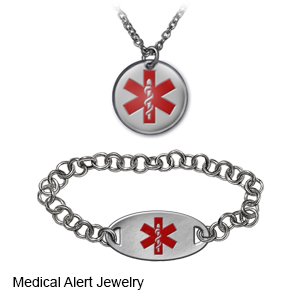Open Splenectomy
Medically reviewed by Drugs.com. Last updated on Aug 4, 2025.
Open splenectomy is surgery to take out all or part of your spleen.
 |
DISCHARGE INSTRUCTIONS:
Call your local emergency number (911 in the US) if:
- You feel lightheaded, short of breath, and have chest pain.
- You cough up blood.
Seek care immediately or call 911 if:
- Your arm or leg feels warm, tender, and painful. It may look swollen and red.
- You have a fever.
- You get severe abdominal pain, or start to feel lightheaded or faint.
- You have trouble having a bowel movement or urinating.
- Blood soaks through your bandage.
- Your incision is swollen, red, or has pus coming from it.
- Your stitches come apart.
Call your doctor or surgeon if:
- You have chills, a cough, a sore throat, or feel weak and achy.
- Your skin is itchy, swollen, or has a rash.
- You have questions or concerns about your condition or care.
Medicines:
You may need any of the following:
- Prescription pain medicine may be given. Ask your healthcare provider how to take this medicine safely. Some prescription pain medicines contain acetaminophen. Do not take other medicines that contain acetaminophen without talking to your healthcare provider. Too much acetaminophen may cause liver damage. Prescription pain medicine may cause constipation. Ask your healthcare provider how to prevent or treat constipation.
- Bowel movement softeners make it easier for you to have a bowel movement. You may need this medicine to prevent constipation.
- Antibiotics prevent or treat a bacterial infection.
- Take your medicine as directed. Contact your healthcare provider if you think your medicine is not helping or if you have side effects. Tell your provider if you are allergic to any medicine. Keep a list of the medicines, vitamins, and herbs you take. Include the amounts, and when and why you take them. Bring the list or the pill bottles to follow-up visits. Carry your medicine list with you in case of an emergency.
Bathing with stitches:
Follow instructions on when you can bathe. Gently wash the part of your body that has the stitches. Do not rub on the stitches to dry your skin. Pat the area gently with a towel. When the area is dry, put on a clean, new bandage as directed.
Prevent infections:
Your risk for infection will be higher after your spleen is removed. Do the following to help prevent infection:
- Ask about vaccines or booster shots you may need. These may include vaccines against the flu and bacterial meningitis (brain infection). Ask your healthcare provider which vaccines you will need.
- Wash your hands often. Use soap and water, or an alcohol-based hand gel if soap and water are not available. Wash your hands often during the day. Also wash after you use the bathroom or change a child's diaper. Wash your hands before you prepare or eat any food.

- Stay away from crowds the first week or two after surgery. You also need to be careful around others who are sick.
Medical alert identification:
Wear medical alert jewelry or carry a card that says you have had your spleen removed. Ask your healthcare provider where to get these items. Spleen removal is important information for healthcare providers if you are ever in an accident or become unconscious.
 |
Follow up with your doctor or surgeon as directed:
Ask when you need to return to have your surgery area checked. You will also need to have stitches or drains removed. Write down your questions so you remember to ask them during your visits.
© Copyright Merative 2025 Information is for End User's use only and may not be sold, redistributed or otherwise used for commercial purposes.
The above information is an educational aid only. It is not intended as medical advice for individual conditions or treatments. Talk to your doctor, nurse or pharmacist before following any medical regimen to see if it is safe and effective for you.
Further information
Always consult your healthcare provider to ensure the information displayed on this page applies to your personal circumstances.
